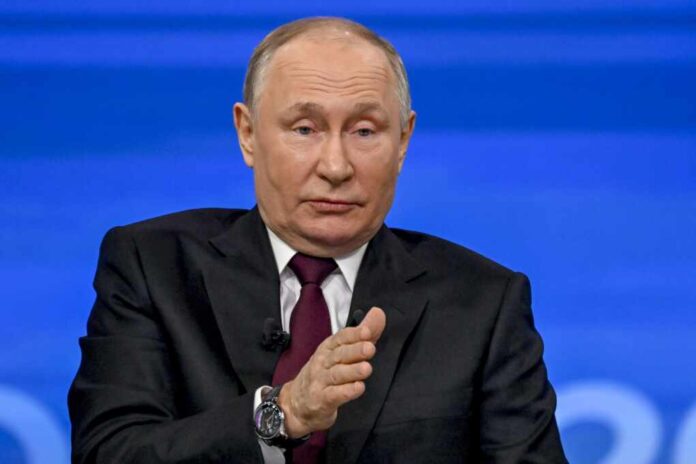
Former NASA astronaut Terry Virts compares US-Russia space collaboration to working with Nazi Germany, sparking fierce debate over national security versus scientific cooperation.
At a Glance
- Terry Virts compared US-Russia ISS collaboration to “going on an Antarctic expedition with Nazis in 1943”
- Despite Russia’s Ukraine invasion, NASA continues working with Roscosmos on the International Space Station
- Russian cosmonauts have publicly supported territorial claims in Ukraine while aboard the ISS
- US no longer depends on Russian spacecraft for ISS access thanks to SpaceX capabilities
- The ISS is scheduled to operate until 2030, with Russia committed until 2028
Astronaut’s Controversial Comparison Ignites Debate
Terry Virts, a retired US astronaut who commanded the International Space Station (ISS) in 2015, has sparked controversy by condemning ongoing space collaboration with Russia. Virts directly compared joint missions with Russia to collaborating with Nazi Germany during World War II, questioning the moral foundation of maintaining scientific partnerships while Russia continues its military actions in Ukraine.
“Cooperating with the Russians on the ISS is like going on an Antarctic expedition with Nazis in 1943,” said Terry Virts.
The former astronaut’s comments reflect growing frustration among some American space professionals who believe scientific cooperation should not override national security concerns and moral principles. Virts specifically called for an end to American astronauts flying on Russian Soyuz spacecraft, declaring the ongoing collaboration “morally reprehensible” in light of Russia’s actions in Ukraine.
Space Cooperation Amid Earthly Conflict
Despite geopolitical tensions, the ISS has remained a symbol of international cooperation since its launch in 1998. The space station represents a complex interdependence between the United States and Russia, with each nation providing essential components and functions. Russia controls propulsion systems that keep the station in orbit, while the U.S. provides electrical power generated by solar arrays.
“I see nothing that has interrupted that professional relationship, No matter how awful Putin is conducting a war with such disastrous results in Ukraine.”, said Bill Nelson.
American reliance on Russian space technology has decreased significantly in recent years. After retiring the Space Shuttle program in 2011, NASA had paid billions to Russia for seats on Soyuz rockets to transport astronauts to the ISS. This dependency ended in 2020 when SpaceX began transporting NASA astronauts, giving the United States independent access to the space station.
Russian Space Officials Fuel Tensions
Dmitry Rogozin, the former head of Russia’s space agency Roscosmos, has contributed to the strained relationship through combative public statements. In one Twitter exchange with retired NASA astronaut Scott Kelly, Rogozin wrote a threatening message that he later deleted: “Get off, you moron! Otherwise the death of the #ISS will be on your conscience.”
Virts also cited personal experiences with Russian cosmonauts openly celebrating territorial expansion. He recalled his Soyuz commander Anton Shkaplerov, who hails from Crimea, repeatedly saying “Krym nash” (Crimea is ours) while aboard the ISS, proudly supporting Russia’s 2014 annexation of Ukrainian territory. These political displays within the supposedly neutral environment of the space station have further complicated the relationship.
Future of International Space Collaboration
The ISS is currently scheduled to operate until 2030, with Russia committed to participation until 2028. However, Russian components are only certified to operate until 2024, requiring additional investment and political commitment to maintain the partnership. Russia has already suspended Soyuz launches from the European Space Agency’s spaceport in response to sanctions related to the Ukraine conflict.
While NASA leadership maintains that professional relationships aboard the ISS remain intact, some experts, including Scott Kelly, have suggested the United States should prepare contingency plans to operate the station without Russian involvement. For Russia, severing space partnerships could be particularly damaging, as its space program relies heavily on international collaboration. Russia’s potential partnership with China’s space program presents its own challenges, as China has developed advanced capabilities and independent plans.

























